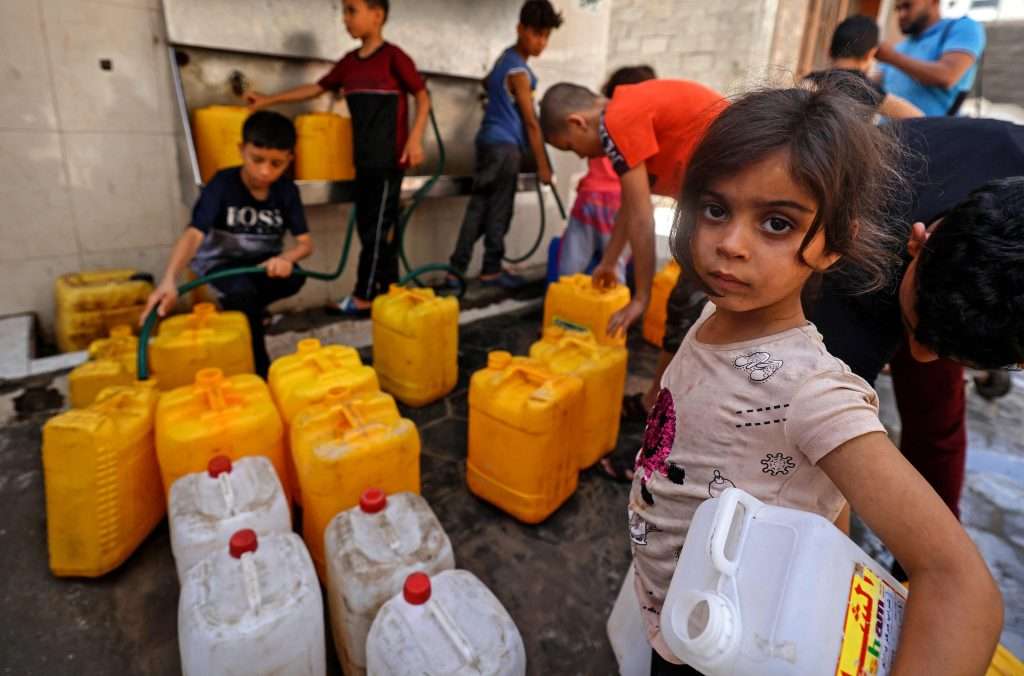Oxfam says 80% of Gaza water infrastructure damaged

Oxfam have released a report which says 80% of water and sanitation infrastructure in Gaza have been damaged or destroyed in the Israel-Hamas war.
Reported by Asharq Al-Awsat on February 19th, all six major wastewater treatment plants have been damaged, accelerating the spread of water-borne diseases amongst the hundreds of thousands of Palestinians displaced by the war.
The World Bank has estimated it would cost over $50 billion to rebuild the Gaza Strip, over twice the total Palestinian economic output in 2022 as US President Donald Trump continues to promote his ownership of the Gaza Strip as the solution.
The Oxfam report, released on February 17th, says that despite the resumption of aid into Gaza, the picture remains “extremely bleak and dangerously critical,” with nearly 1,700 kilometres of water and sanitation networks destroyed. Infrastructure especially in North Gaza and Rafah governorates have been virtually eradicated, areas that were particularly targeted during Israeli offensives.
In North Gaza and Rafah, less than 7 percent of pre-conflict water levels are available with just 5.7 litres per person, per day, barely equivalent to a toilet flush. The World Health Organisation (WHO) recommends 100 litres of water per person, per day. Moreover, 85 percent of the sewage pumping stations and networks have been destroyed with the rest lacking the fuel required to operate.
The lack of water, the destruction of sewage infrastructure, and the lack of fuel has drastically increased water-borne diseases with the WHO finding that 88 percent of environmental samples surveyed across Gaza contaminated with polio, signalling an imminent risk of outbreak in a territory where the health infrastructure has also been decimated.
According to the report, infectious diseases are now the leading cause of death following the ceasefire, with 46,000 cases, mostly children, being reported each week.
Clémence Lagouardat, Oxfam’s Humanitarian Coordinator in Gaza said: “Now that the bombs have stopped, we have only just begun to grasp the sheer scale of destruction to Gaza’s water and sanitation infrastructure,” before adding “parents are not drinking to save water for their children.”
Whilst Palestinians struggle to survive following the Israeli offensives in the Strip, along with Israeli blockades and the lack of humanitarian aid, the rest of the world continues to fight over who should contribute to its rebuild, or, for the White house, who should own it with Trump suggested Tunisia and Morocco should take in Palestinian refugees whilst he “clears out” Gaza and rebuilds it with hotels and waterfront property.
Asharq Al-Aswat, Oxfam, Maghrebi
Want to chase the pulse of North Africa?
Subscribe to receive our FREE weekly PDF magazine













